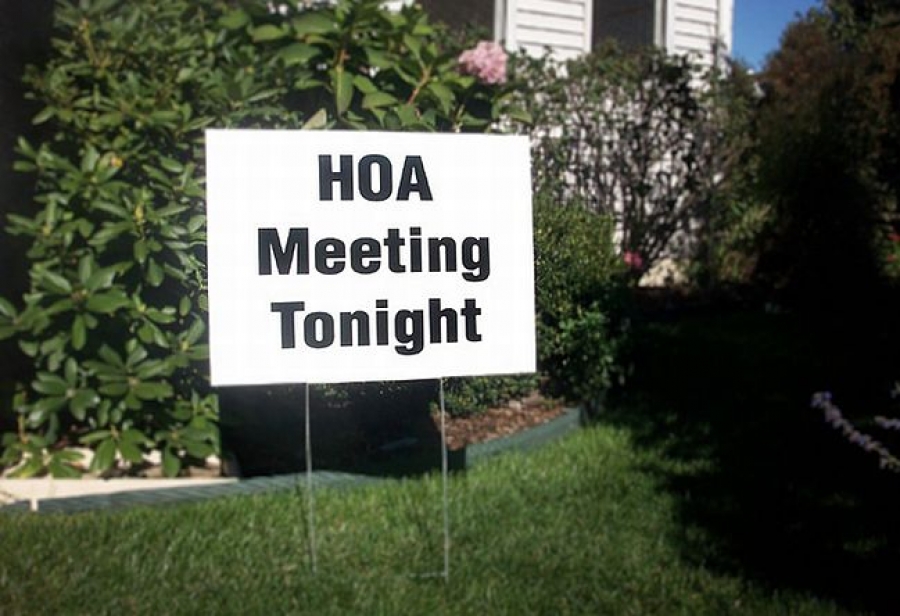Question: We have members who would like to volunteer to do minor repair work on such things as changing lightbulbs, cleaning the clubhouse, trail repair and pool monitoring. The board is concerned about the liability factor.
Answer: As long as the work is not precarious (ladder work, on the roof, etc.) there is nothing wrong with allowing volunteers to do certain tasks. In fact, the board should encourage volunteerism and find outlets for those that are so inclined. It is fulfilling for the volunteer and saves money for all members. Just make sure that they are fully committed on an ongoing basis.
Question: Our governing documents prohibit homeowners from having above ground pools in their yard. The board has decided that kiddie pools are included in this prohibition stating that the HOA could be sued if a child drowns. Is this correct?
Answer: The governing document prohibition on above ground pools likely has to do with curb appeal and not safety. As long as the wading pools are not visible from the street or an attractive nuisance to area children, the HOA should allow them. Since the pools are on private property, the HOA cannot insure against events that happen there.
Question: The board has announced that collection and rule violation hearings will be held in public. Is this advisable?
Answer: All collection and rule violation issues should have an established process which includes notifying violators in writing, stating the specific details, the correction needed, the penalties for failure to comply and the right of appeal. If an appeal is requested, a private hearing should be held at a convenient time and place where the board and accused can discuss the issue.
It is not appropriate to hold public meetings since the accused may not be guilty or there may be extenuating circumstances. Regardless of the guilt or innocence, the board should never engage in public humiliation of its members. Besides a legal challenge from an offended owner that could embroil the HOA in a lawsuit, it just makes practical sense when neighbors are governing neighbors.
Question: Our HOA has only one bank account for both operating and reserve funds. This frequently gives the board the impression that there is more spendable cash then there really is. If we run short, money that was intended for reserves gets tapped.
Answer: Operating and reserve funds should be kept in separate bank accounts for exactly the reason you point out. Reserve funds are intended for specific repairs and replacements scheduled to take place in the future, some times many years away. If reserve funds aren't protected from operating budget shortfalls, the money won't be there in the future when it's needed and the HOA will be forced into unfair and unpopular special assessments.
Question: I read somewhere that the cost of a reserve study should be paid for out of reserve funds rather than the Operating Budget.
Answer: It depends. It's reasonable to pay for the initial reserve study with reserve funds. Afterwards, some states require annual reserve study updates. Whether mandated by state law or not, it makes good sense to update the reserve study annually to keep it accurate, just like the Operating Budget. So the cost of an annual update should be included in the Operating Budget. If the reserve study is only being updated every few years, it makes sense to plan for it in the reserve study.
